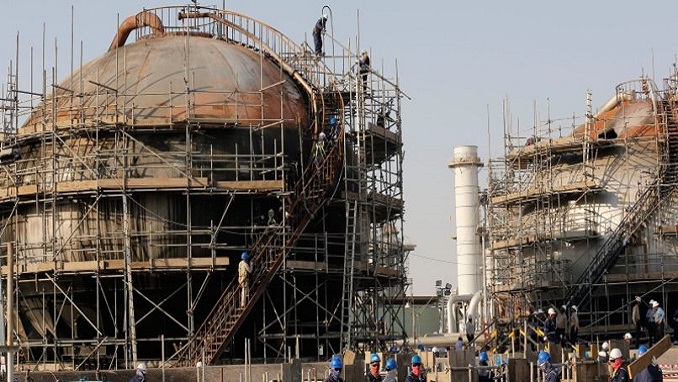Yemen is the country most at risk of a humanitarian catastrophe in 2021, the International Rescue Committee (IRC) has warned, marking the third year running the war-ravaged nation has earned the grim recognition, Al Jazeera reported.
Continued conflict, widespread hunger and a collapsing international aid response threaten to dramatically worsen the current crisis in Yemen next year, the IRC said on Wednesday.
Tamuna Sabadze, the aid agency’s director for Yemen, said support was critical, now more “than ever”.
In an interview with Al Jazeera from the capital, Sanaa, she called for “more commitment than we see today” from internal, regional and global actors to end the conflict.
“Without this, things will not change in Yemen; the ordinary civilians of Yemen will really have no future and no hope.
“Twenty-four million people are in need of some kind of humanitarian aid – be it food, protection, health services, or education.
“The majority of the country really needs the UN and humanitarian funding in order to meet their basic day-to-day needs.”
The IRC’s watchlist for 2021, ranked from one to 10, comprised: Yemen; Afghanistan; Syria; the Democratic Republic of the Congo; Ethiopia; Burkina Faso; South Sudan; Nigeria; Venezuela and Mozambique.
A further 10 countries were also on the list but were unranked in terms of gravity: Cameroon; the Central African Republic; Chad; Colombia; Lebanon; Mali; Niger; Palestine; Somalia and Sudan.
Abeer Fowzi, IRC’s deputy nutrition coordinator, said: “In the face of an unprecedented threat, the world has turned its back on Yemen.
“Never before have Yemenis faced so little support from the international community – or so many simultaneous challenges.”
Financial support for the country is drying up, with UN humanitarian chief Mark Lowcock warning in November Yemen had received less than half of the emergency funds it needed this year.
Lowcock told the UN Security Council the 2020 appeal for Yemen had received only about $1.5bn in donations to date, some 45 percent of the $3.4bn required. By this time last year it had received almost $3bn, he said.
